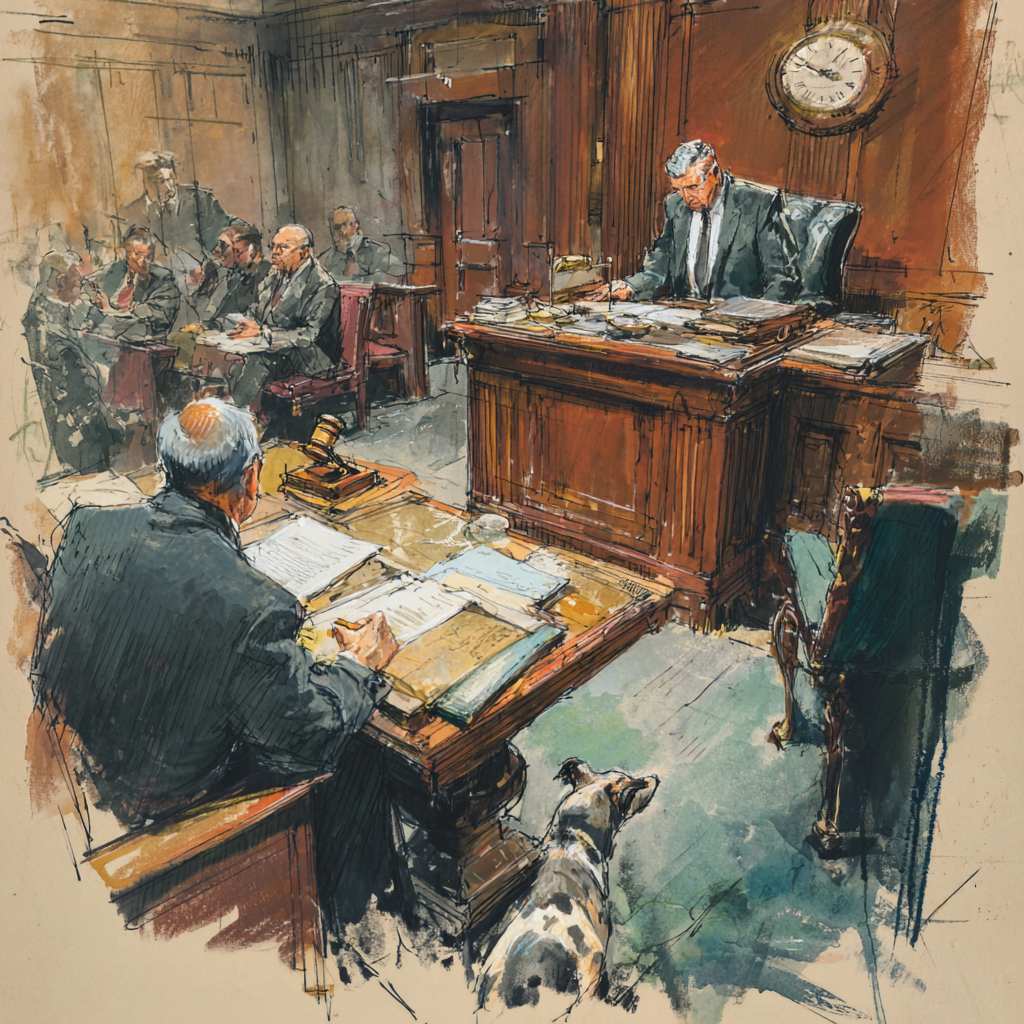St. Vincent Med. Care, P.C. v Travelers Ins. Co., 2010 NY Slip Op 50446(U)(App. Term 2d Dept. 2010)
“While defendant properly argues that an EUO need not be scheduled to be held within 30 days of the receipt of the claim form (see Eagle Surgical Supply, Inc. v Progressive Cas. Ins. Co., 21 Misc 3d 49 [App Term, 2d & 11th Jud Dists 2008]), defendant nevertheless failed to demonstrate that the EUO scheduling letters were timely mailed. Defendant admits that it received the three subject bills on October 27, 2006. As the EUO scheduling letters were mailed on December 18, 2006, 52 days after receipt of the bills, they were untimely and did not toll defendant’s time to pay or deny those bills (see Insurance Department Regulations [11 NYCRR] § 65-3.5 [b]; § 65-3.6 [b]; § 65-3.8 [j]; see also Eagle Surgical Supply, Inc., 21 Misc 3d at 51).”
Keep in mind the following. When you delay a bill for an EUO, the provider must receive a delay letter specifying that the claim is being delayed pending the EUO of the EIP or assignee. A follow-up delay with respect to that bill must be sent within 31-40 days after that first delay letter is sent. This must be done for each bill!
Now, the EUO scheduling letters that the carrier’s attorney sends or the carrier itself sends must also be sent within 15-30 days of receipt of the first bill. After the first no-show, a follow-up EUO scheduling letter must be sent within 10 days of the said no-show.
In putting the above two rules together, it should be observed that if a bill is timely delayed for an EUO, yet the EUO scheduling letter is not sent within 15-30 days after receipt of the bill, then the EUO delay will be invalid. This is very confusing, and I think the proposed new regulations actually clarify this very discreet issue, and perhaps this issue only as it relates to EUOs.










4 Responses
If a carrier timely delays a bill pending an EUO, the EUO letter
does not necessarily have to go out within 15-30 days. However, the EUO schedulng letter must go out within a reasonable time and the insurer cannot needlessly delay.
I dont think that the case stands for the proposition that the EUO scheduling letters must be sent out within the verification time-frames, but merely that the particular bill must be timely pended with a verification request if you are going to subsequently deny it for failure to comply with a subsequently scheduled EUO.
I.E. a bill is timely pended for additional documentation, which does not come in. Several months later the carrier requests an EUO as is its right under the policy. Since the claim was timely pended, the failure to comply with the EUO request should negate the pending bill, per Fogel.
I dont think this case negates that premise, as here, the carrier failed to establish that the bill was timely delayed in the first place.
“Even assuming that defendant’s letters requesting the examination of Dr. Howell constituted valid EUO requests, defendant failed to submit competent proof in admissible form to establish the dates of receipt of the subject claims, and hence, that its EUO requests were made in compliance with the time limits set forth in the verification procedures”. See, Inwood Hill Medical, P.C. v. Allstate Ins. Co., 15 Misc.3d 143(A)(App. Term 1st Dept. 2007)
Can a carrier request a EUO 5 Mos after the claim was submitted. That’s a longtime to try to remember details.